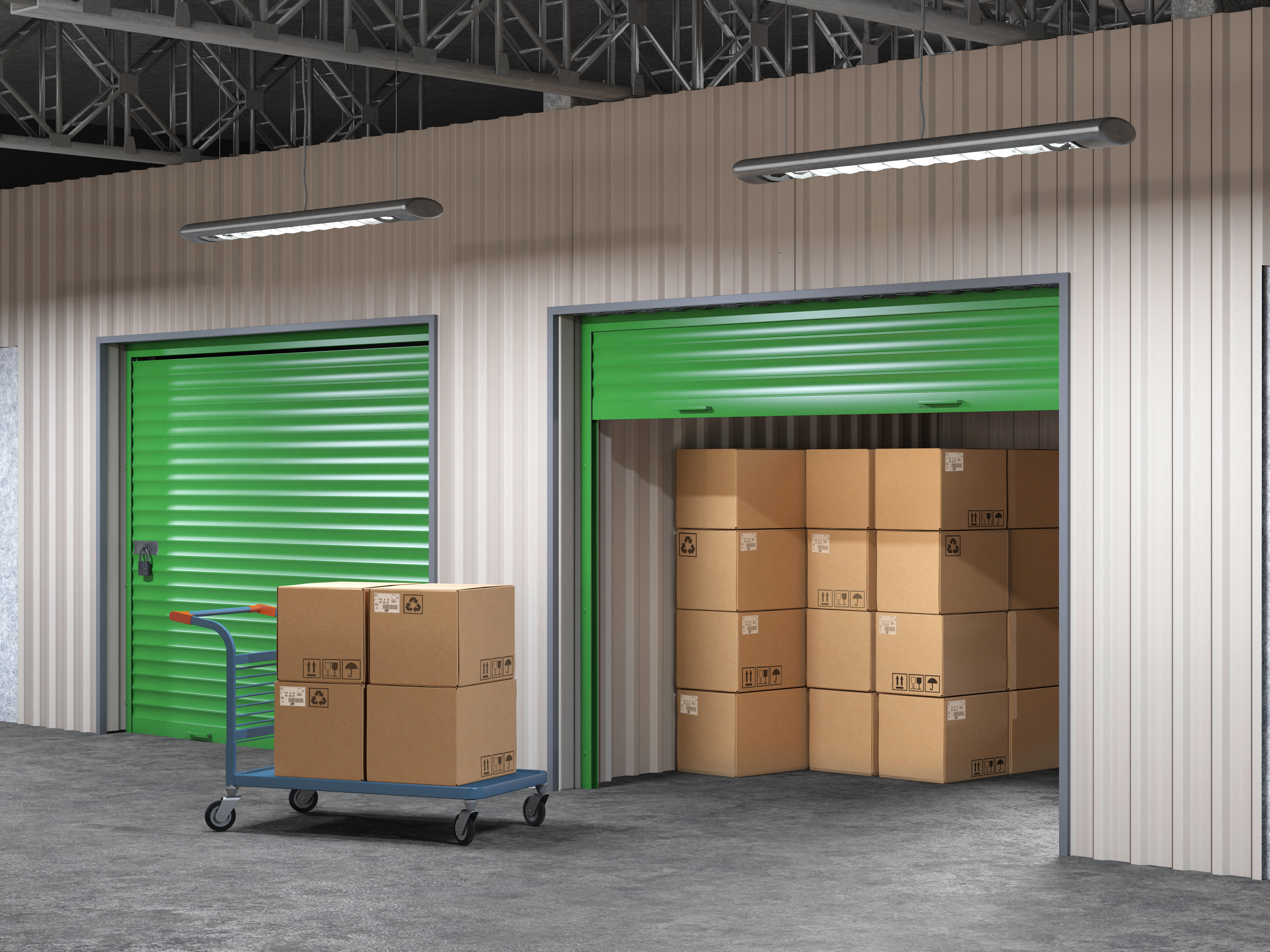
Introduction
When it comes to long-term storage, simply packing your items and placing them in a storage unit isn’t enough. Proper preparation is key to ensuring that your belongings remain in the same condition as when you stored them, no matter how long they stay in the unit. This is especially true in Portland, TX, where the local climate and environmental factors can impact the safety of your stored items. Whether you’re storing seasonal items, family heirlooms, or furniture during a move, taking the time to prepare your belongings properly will save you from unpleasant surprises when it’s time to retrieve them.
Step 1: Clean and Dry Everything
One of the most critical steps in preparing your belongings for long-term storage is ensuring that everything is thoroughly cleaned and dried. While it might be tempting to skip this step, especially if you’re in a hurry, it’s crucial to remember that dirt, grime, and moisture can cause significant damage over time. Even a small amount of moisture trapped in a box or on a surface can lead to mold, mildew, and unpleasant odors that are difficult, if not impossible, to remove.Start by cleaning all items according to their material. For example, wipe down wooden furniture with a mild soap and water solution, followed by a thorough drying with a clean cloth. For fabric items such as upholstered furniture, drapes, or clothing, consider using a fabric cleaner or having them professionally cleaned to ensure all dirt and oils are removed. Electronics should be dusted and cleaned with appropriate cleaning products to avoid corrosion and damage.Once your items are clean, the next step is to ensure they are completely dry. Moisture is one of the biggest enemies of stored items, especially in a place like Portland, TX, where humidity levels can vary. After cleaning, leave items out in a well-ventilated area to dry completely. This is particularly important for items like mattresses, cushions, and clothing, which can trap moisture deep within their fibers. By taking ...
—
August 22nd, 2024

